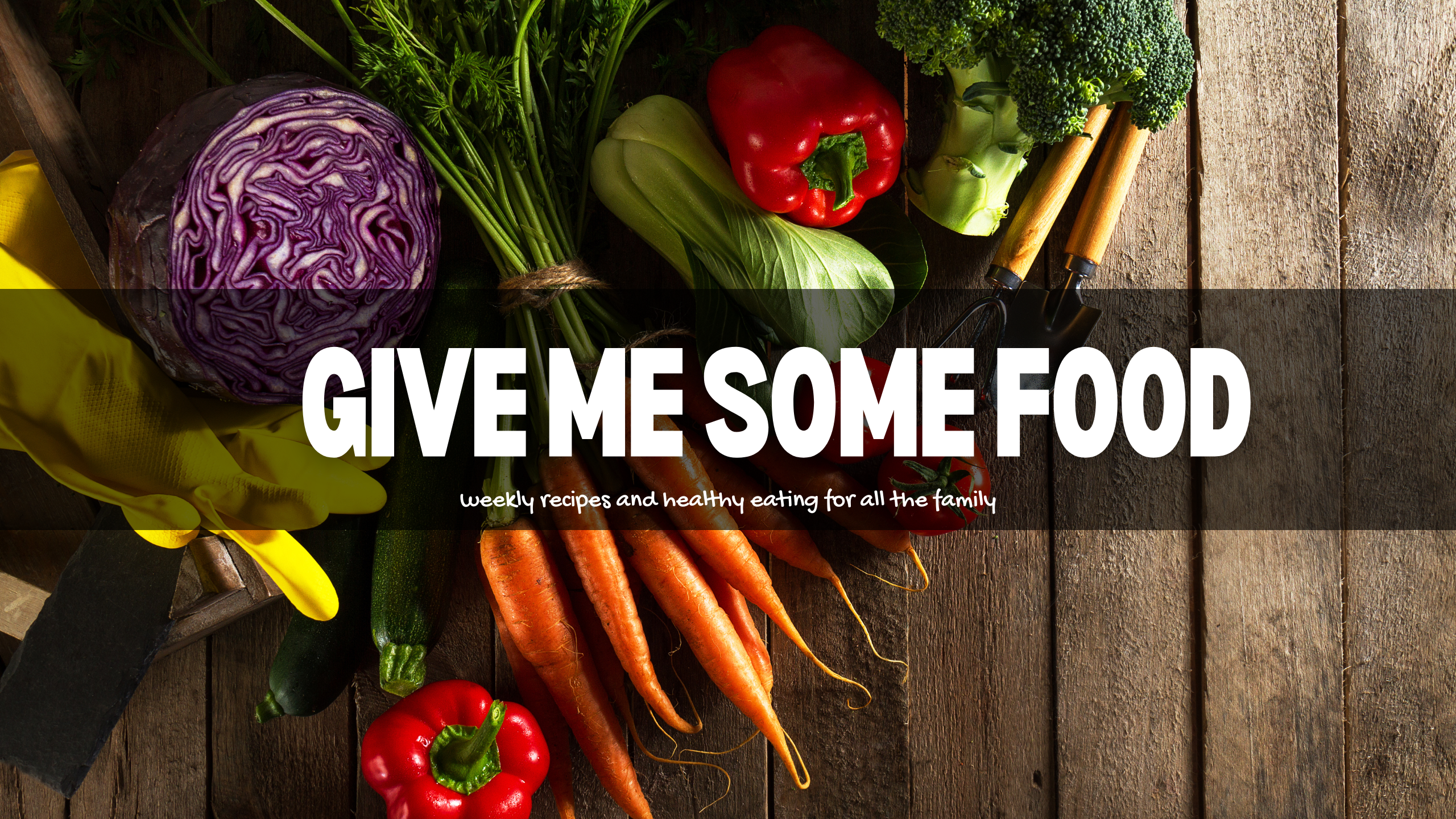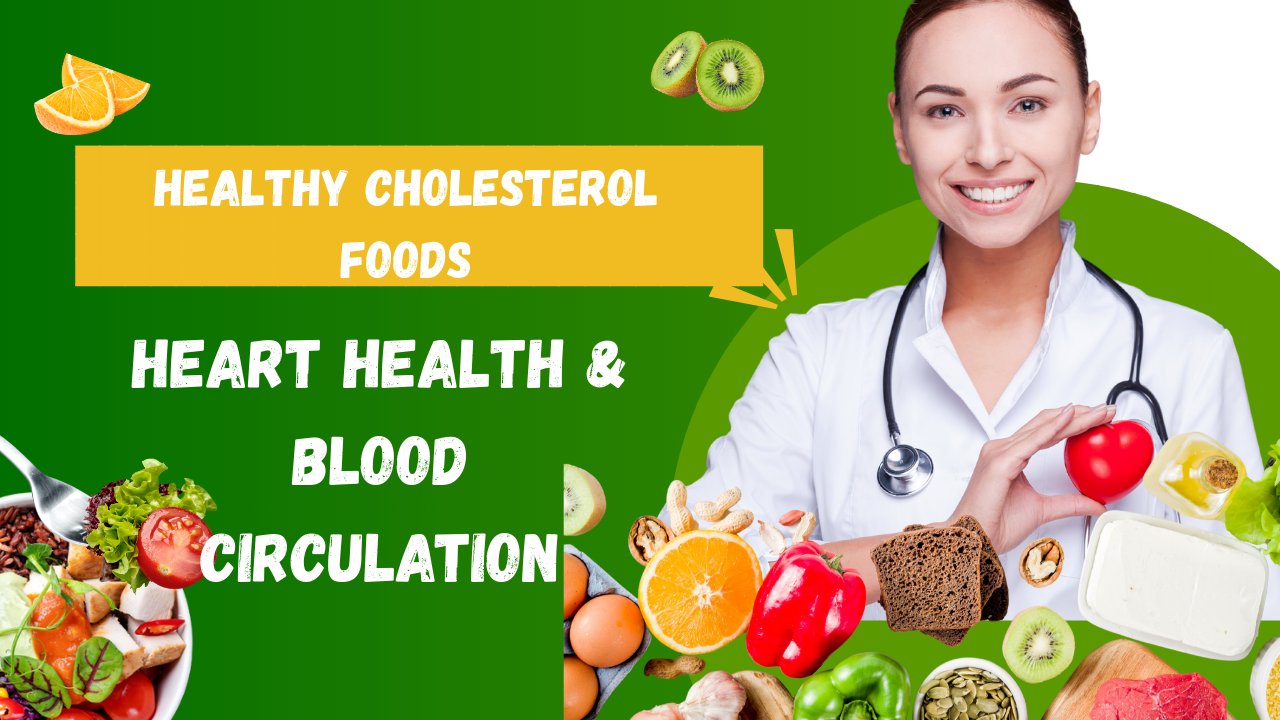Cholesterol often gets a bad name, but your body actually needs it to function properly. It helps build cells, produce hormones like estrogen and testosterone, and make vitamin D. Problems start when cholesterol becomes unbalanced — especially when “bad” LDL levels rise and “good” HDL levels fall. High LDL can clog arteries, leading to heart problems, while HDL helps clear LDL from the blood.
The good news is that you don’t have to give up all fats or stick to bland diets. Instead, you can enjoy a range of tasty, nutrient-rich foods that support healthy cholesterol levels. Adding healthy cholesterol foods like oats, nuts, avocados, and fatty fish to your meals can help lower LDL and raise HDL. These foods not only improve cholesterol balance but also support heart and overall wellness — making smart eating both enjoyable and beneficial.
Let’s explore the top 7 healthy cholesterol foods, how they work, and why they deserve a permanent place on your plate.
Top 7 Healthy Cholesterol Foods and Their Benefits?
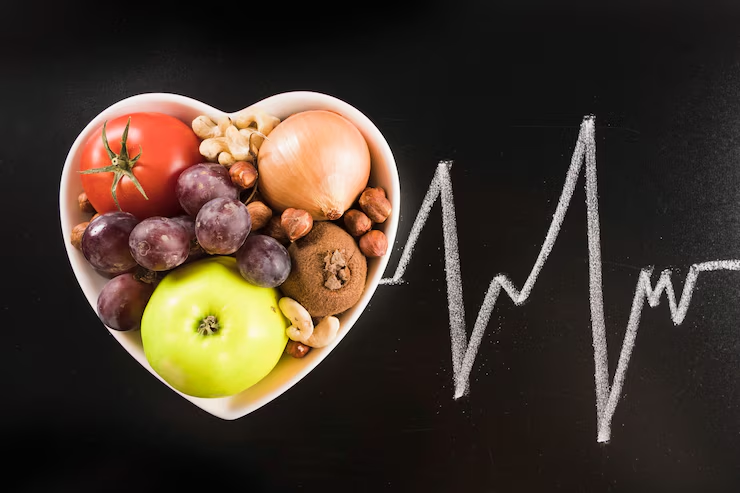
How Does Oatmeal Help Lower Cholesterol Naturally?
Oatmeal is more than just a warm and filling breakfast. It’s one of the most effective healthy cholesterol foods you can add to your daily routine. Its rich texture and nutty flavor make it a satisfying way to start the day, but its real power lies in how it supports heart health.
What makes oatmeal special is a type of soluble fiber called beta-glucan. This fiber forms a gel-like substance in your digestive system, which plays a key role in controlling cholesterol. It binds with bile acids that contain cholesterol and carries them out of the body through waste.
By preventing cholesterol from being reabsorbed into the bloodstream, oatmeal helps lower “bad” LDL levels over time. Regularly eating oatmeal as part of a balanced diet can be a simple and delicious way to manage cholesterol while enjoying a comforting, wholesome meal that supports your overall health.
Benefits of Oatmeal for Cholesterol:
Lowers LDL cholesterol by up to 10% with regular consumption.
Promotes satiety, helping with weight control — a key factor in cholesterol health.
Provides antioxidants called avenanthramides, which reduce inflammation and oxidative stress on arteries.
Pro tip: Go for steel-cut or old-fashioned rolled oats rather than instant versions, which often have added sugars.
What Makes Fatty Fish One of the Best Foods for Heart Health?
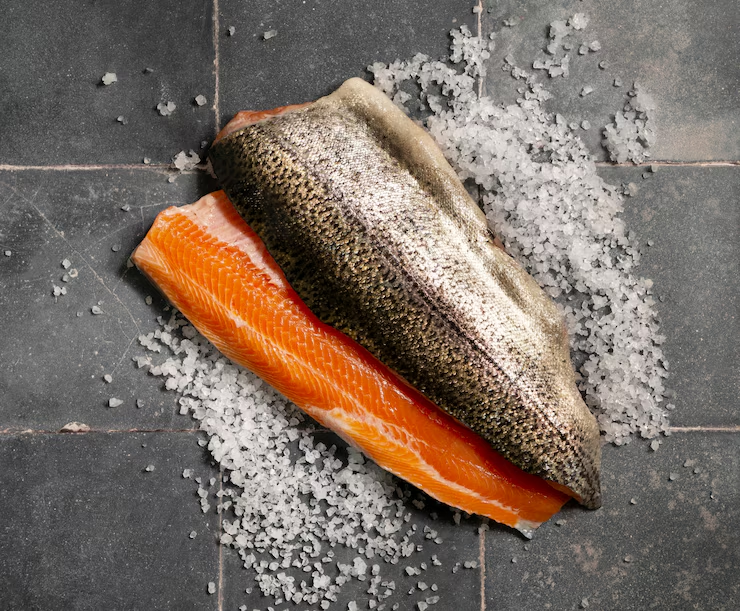
Fatty fish such as salmon, mackerel, sardines, and tuna are excellent examples of healthy cholesterol foods. These fish are packed with omega-3 fatty acids, which are essential fats your body needs but can’t produce on its own. Including them in your diet offers several benefits for heart health.
Although omega-3s don’t directly lower “bad” LDL cholesterol, they play a powerful role in lowering triglyceride levels. High triglycerides are another risk factor for heart disease, so reducing them is an important step in protecting cardiovascular health.
In addition, omega-3 fatty acids help raise “good” HDL cholesterol. Higher HDL levels assist in clearing LDL from the bloodstream, making fatty fish a smart addition to any heart-healthy eating plan. Enjoying grilled or baked fish a couple of times a week can be a simple and tasty way to support your body with healthy cholesterol foods while promoting long-term wellness.
Benefits of Fatty Fish:
Reduces blood triglycerides by up to 30%.
Increases HDL levels, the “good” cholesterol that removes LDL from the bloodstream.
Prevents plaque buildup in arteries through anti-inflammatory effects.
Experts recommend at least two servings of fatty fish per week. Grilled or baked is best; avoid fried fish, which can add trans fats.
How Do Avocados Improve Your Cholesterol Profile?
Creamy, flavorful, and loaded with nutrients, avocados are one of the best healthy cholesterol foods you can enjoy. Unlike most fruits, avocados are rich in healthy fats, making them unique and highly beneficial for heart health.
The main type of fat in avocados is monounsaturated fat. This heart-healthy fat helps lower levels of “bad” LDL cholesterol, which can clog arteries and increase the risk of heart problems. At the same time, it supports raising “good” HDL cholesterol, which helps remove LDL from the bloodstream.
Including avocados in your meals is both simple and satisfying. Spread it on toast, mix it into salads, or blend it into smoothies for a creamy texture and added health benefits. By making avocados a regular part of your diet, you’re not just enjoying a delicious fruit — you’re also supporting your heart with one of the most effective and natural healthy cholesterol foods available.
Benefits of Avocados:
Lowers total and LDL cholesterol when used in place of saturated fats.
Contains beta-sitosterol, a plant sterol that blocks cholesterol absorption in the intestines.
Loaded with fiber, potassium, and antioxidants — all beneficial for heart health.
A 2015 study in the Journal of the American Heart Association found that one avocado a day in a moderate-fat diet significantly reduced LDL in overweight individuals.
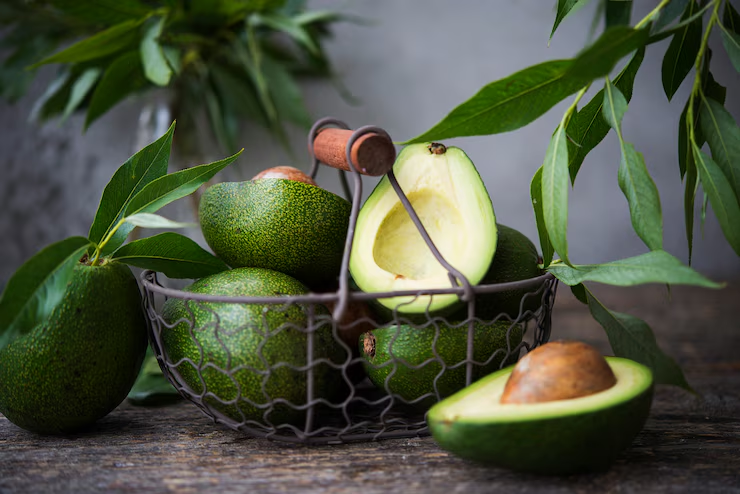
What Role Do Nuts Play in Lowering Cholesterol?
Nuts such as almonds, walnuts, pistachios, and pecans may be small, but they offer big benefits when it comes to heart health. These crunchy snacks are some of the most effective healthy cholesterol foods you can enjoy daily.
What makes nuts so powerful is their mix of unsaturated fats, fiber, and plant sterols. Unsaturated fats help lower “bad” LDL cholesterol, while fiber supports overall digestion and heart function. Plant sterols, in particular, work by blocking cholesterol absorption in the digestive tract, helping to keep cholesterol levels in check.
Eating a small handful of nuts as a snack or adding them to salads, yogurt, or oatmeal can be an easy way to boost your intake of heart-friendly nutrients. Not only do they improve cholesterol balance, but they also support healthy blood vessels and reduce inflammation. Including nuts regularly in your diet is a smart and tasty step toward better health with healthy cholesterol foods.
Benefits of Nuts:
Lower total and LDL cholesterol levels when eaten regularly (a handful a day).
Rich in L-arginine, an amino acid that helps blood vessels stay relaxed and open.
Contain antioxidants like vitamin E and polyphenols, which reduce oxidative damage.
Walnuts, in particular, are high in alpha-linolenic acid (ALA), a type of plant-based omega-3 that mimics the benefits of fatty fish.
How Can Legumes Support Heart and Cholesterol Health?
Legumes like beans, lentils, chickpeas, and peas are some of the most effective healthy cholesterol foods you can add to your diet. They are not only affordable and versatile but also packed with nutrients that support heart health and overall wellness.
These plant-based foods are rich in soluble fiber, which plays a key role in lowering “bad” LDL cholesterol. The fiber forms a gel in the gut that traps cholesterol and helps remove it from the body. Legumes also provide plant-based protein and valuable phytonutrients that offer added health benefits.
Another great advantage of legumes is their slow-digesting carbohydrates. These help stabilize blood sugar levels and reduce cholesterol absorption in the digestive system. Including legumes in soups, stews, salads, or even as a meat alternative can boost your intake of heart-healthy nutrients. For anyone looking to improve cholesterol levels naturally, legumes are a reliable and tasty part of healthy cholesterol foods.
Benefits of Legumes:
Lower LDL cholesterol by 5-10% when eaten regularly.
Help with weight management due to their high fiber and protein content.
Improve insulin sensitivity and reduce inflammation, which indirectly supports healthy cholesterol levels.
Swapping just 1/2 cup of legumes daily for animal-based protein can make a significant impact on cholesterol markers.
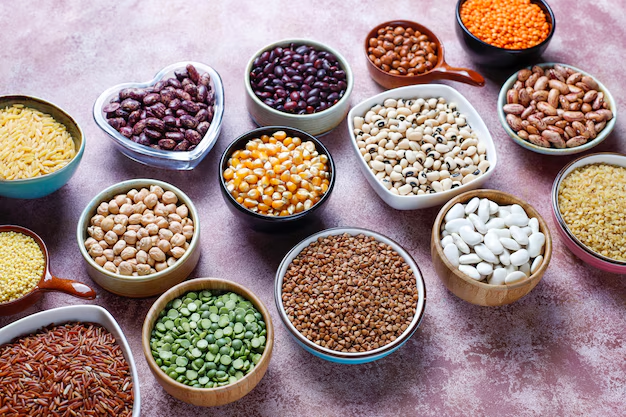
What Makes Olive Oil a Heart-Healthy Fat Choice?
Extra virgin olive oil (EVOO) is one of the top healthy cholesterol foods and a key part of the heart-friendly Mediterranean diet. It’s not just a flavorful addition to meals — it offers powerful health benefits, especially for your heart and blood vessels.
EVOO is rich in oleic acid, a type of monounsaturated fat that helps lower “bad” LDL cholesterol while supporting higher levels of “good” HDL cholesterol. This balance is important for reducing the risk of heart disease and keeping your arteries clear and flexible.
In addition to healthy fats, EVOO contains polyphenols — natural plant compounds known for their antioxidant and anti-inflammatory properties. These compounds help protect blood vessels, reduce inflammation, and support overall cardiovascular health. Drizzling EVOO over salads, vegetables, or whole grains is an easy and tasty way to include more healthy cholesterol foods in your diet while enjoying rich flavor and proven heart benefits.
Benefits of Olive Oil:
Increases HDL while decreasing LDL when used in place of saturated fats like butter.
Contains anti-inflammatory compounds that reduce plaque formation in arteries.
Improves endothelial function, which enhances blood flow and pressure regulation.
Drizzle olive oil on salads, vegetables, or whole grains — or use it in cooking to upgrade your meals and your heart health.
How Do Fruits Like Berries and Apples Impact Cholesterol?
Fruits are a delicious and essential part of any diet focused on heart health. As some of the most natural healthy cholesterol foods, fruits offer a rich supply of nutrients that support your body in multiple ways. Certain fruits are especially helpful for managing cholesterol levels.
Fruits like apples, berries, oranges, and pears are high in soluble fiber. This type of fiber binds to cholesterol in the digestive system and helps remove it from the body before it enters the bloodstream. By lowering “bad” LDL cholesterol, these fruits help protect the heart and keep blood vessels clear.
In addition to fiber, many fruits are loaded with antioxidants. These natural compounds help reduce inflammation, support healthy arteries, and protect cells from damage. Including a variety of colorful fruits in your meals and snacks is a simple, tasty, and effective way to boost your intake of healthy cholesterol foods and improve overall cardiovascular health.
Top choices include:
Berries (blueberries, strawberries, raspberries): Rich in anthocyanins that reduce inflammation and LDL oxidation.
Apples and pears: High in pectin, a type of soluble fiber that binds cholesterol in the gut.
Citrus fruits: Provide flavonoids and vitamin C, which protect against arterial damage.
Benefits of Fruits for Cholesterol:
Decrease LDL and total cholesterol with regular intake.
Help prevent oxidative stress, a key driver of heart disease.
Contribute to weight management due to low energy density and high fiber.
Aim for at least 2–4 servings of fruit daily, focusing on whole fruits over juices for maximum benefit.
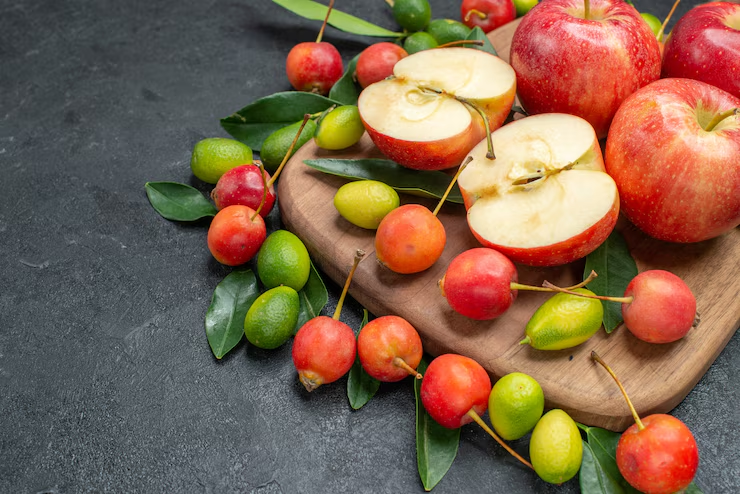
How Do These Foods Work Together to Improve Cholesterol ?
Each of these foods offers unique mechanisms for improving cholesterol, but they work best when combined into a balanced, heart-healthy diet. Here’s how they support each other:
Fiber-rich foods (like oats, legumes, fruits) physically bind cholesterol in the digestive tract.
Monounsaturated and polyunsaturated fats (from nuts, avocados, olive oil, and fish) replace harmful saturated fats and improve lipid profiles.
Plant sterols from nuts and avocados block cholesterol absorption.
Antioxidants and polyphenols reduce LDL oxidation, a major risk factor in atherosclerosis.
By mixing and matching these cholesterol-lowering foods into your daily meals, you create a synergistic effect — one that lowers harmful cholesterol while improving overall cardiovascular health.
What Should You Avoid While Trying to Lower Cholesterol?
While adding the right foods is important, reducing certain harmful ingredients can dramatically accelerate your cholesterol improvement:
Foods to Limit or Avoid:
Trans fats: Found in processed snacks, fried foods, and some baked goods.
Saturated fats: In red meat, full-fat dairy, and butter (replace with plant-based or lean options).
Refined carbs: White bread, sugary cereals, and sweetened beverages raise triglycerides and lower HDL.
Making swaps — like replacing butter with olive oil or soda with fruit-infused water — can magnify the benefits of cholesterol-friendly foods.
How Can You Easily Include These Foods Into Your Diet?
Start small. Here’s a sample day to inspire you:
Breakfast: Oatmeal topped with berries and a few walnuts.
Lunch: Chickpea salad with avocado, olive oil dressing, and whole grain pita.
Snack: Apple slices with almond butter.
Dinner: Grilled salmon with lentils and steamed veggies drizzled with olive oil.
Consistency matters more than perfection. Try to include 2–3 cholesterol-lowering foods daily and gradually build habits that stick.
Conclusion: How Do Healthy Foods Create Long-Term Heart Protection?

Maintaining a healthy heart doesn’t require drastic changes—it starts with the right food choices. Incorporating healthy cholesterol foods like oats, fatty fish, avocados, nuts, legumes, olive oil, and antioxidant-rich fruits into your daily meals can naturally balance your cholesterol levels. These foods work in synergy to lower LDL (bad cholesterol), raise HDL (good cholesterol), and reduce inflammation and plaque buildup in the arteries.
Over time, this dietary approach can significantly lower your risk of heart disease, stroke, and other cardiovascular issues. The beauty of these foods is that they’re not only nutritious but also delicious and easy to integrate into a variety of meals. By consistently making smarter food decisions, you can take control of your cholesterol and improve your overall well-being. Remember, the best way to protect your heart isn’t with restriction—it’s with abundance, using the power of nature’s most effective healthy cholesterol foods.
FAQs
Q.1 What are the best healthy cholesterol foods to eat daily?
Foods like oats, avocados, nuts, legumes, fatty fish, olive oil, and fruits such as berries and apples are ideal for daily consumption to help lower LDL and support heart health.
Q.2 Can healthy cholesterol foods really replace medication?
While these foods can significantly improve cholesterol levels, they may not fully replace medication for everyone. Always consult your doctor before changing or stopping any prescribed treatment.
Q.3 How long does it take for healthy cholesterol foods to work?
With consistent dietary changes, improvements in cholesterol levels can often be seen within 4 to 6 weeks, though full benefits may take several months.
Q.4 Are eggs bad for cholesterol?
Eggs are high in dietary cholesterol, but for most people, they have minimal impact on blood cholesterol. Moderation is key, especially when balanced with other healthy foods.
Q.5 Do I need to avoid all fats to lower cholesterol?
No. Healthy fats from sources like olive oil, avocados, nuts, and fish are essential. It’s important to avoid trans fats and limit saturated fats, not eliminate all fats.
